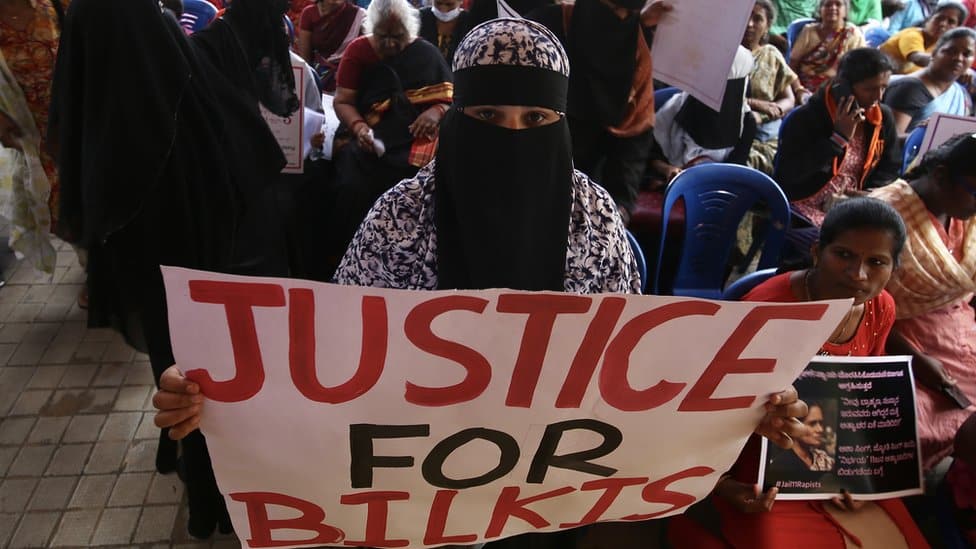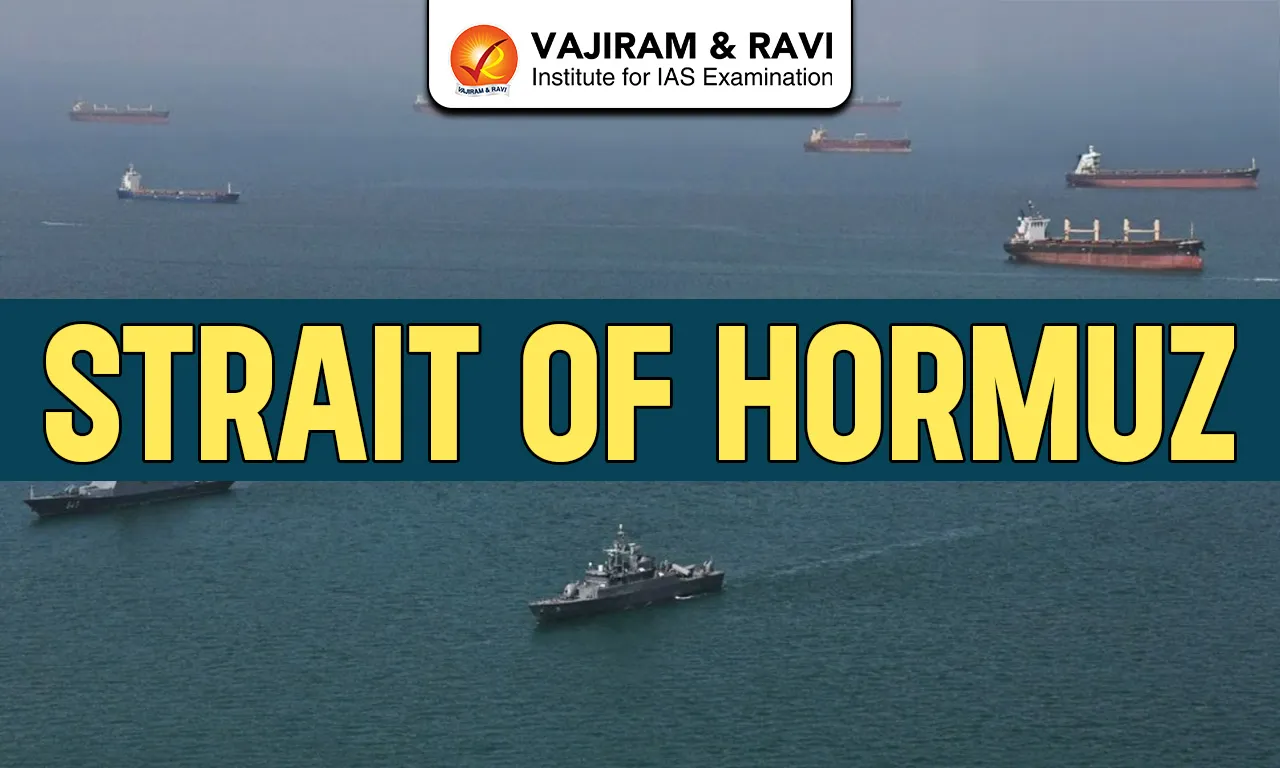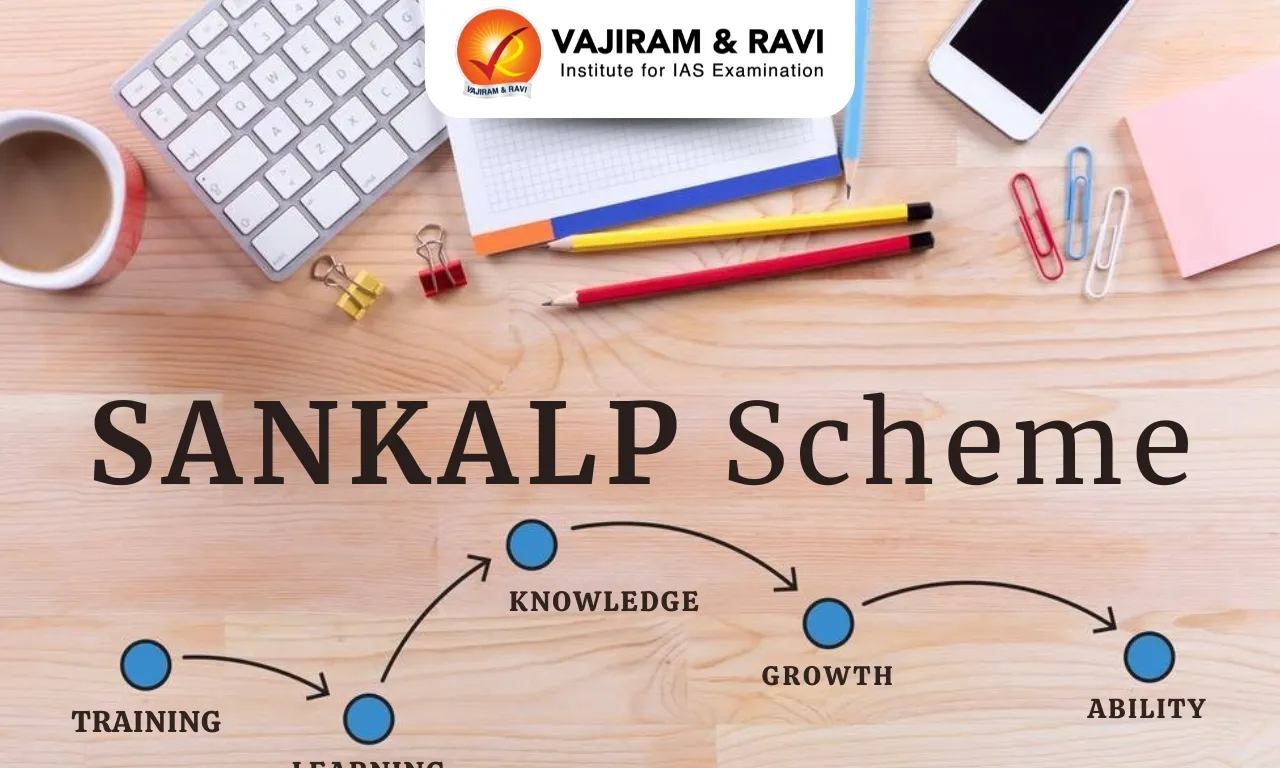What’s in today’s article?
- Bilkis Bano case
- Power of SC to review its judgments
Why in News?
- The Supreme Court dismissed the review petition filed by Bilkis Bano challenging the early release of the 11 convicts.
- They were convicted for gang-raping her and murdering her family members in 2002. All 11 of them were sentenced to life imprisonment for the crime
What is Bilkis Bano Case?
- About
- In the aftermath of the Godhra riots in Gujarat in 2002, Bikinis Bano and her family were attacked by a group of people.
- Bilkis was brutally gangraped and seven of her family members were murdered.
- Her case was taken up by the National Human Rights Commission (NHRC) and Supreme Court, which ordered an investigation by the CBI.
- Due to persistent death threats, the trial was moved out of Gujarat to Mumbai where charges were filed against these people.
- In January 2008, a special CBI court in Mumbai had sentenced the 11 accused to life imprisonment.
- Release of these convicts
- In 2022, one of the convicts, after completing 15 years and four months of his life term, moved to the Supreme Court for early release.
- The SC asked the Gujarat government to consider the application for premature release, as per the state’s 1992 remission policy.
- In August, the Gujarat government released all 11 convicts, after which Bilkis Bano filed the review petition with the SC.
- Review petition by Bilkis Bano
- Her petition had wanted the court to reconsider its judgment which permitted the Gujarat government to apply the State’s Premature Release Policy of 1992.
- Through her review petition, Bano said the remission policy of the State of Maharashtra, where the trial happened, and not Gujarat would have governed the case.
- In May 2022, the Supreme Court ruled that there cannot be a concurrent jurisdiction of two State governments on the issue of remission.
- Premature release of a convict has to be considered in terms of the policy applicable in the State where the crime was committed
- Hence, Gujrat government’s remission policy was applied for the release of these convicts.
What is the power of SC to review its judgments?
- Constitutional provision for Judicial Review
- A ruling by the Supreme Court is final and binding. The SC rarely entertains reviews of its rulings.
- However, Article 137 of the Constitution grants the SC the power to review its judgments or orders.
- A review petition must be filed within 30 days of pronouncement of the judgment.
- Grounds for review
- In a 2013 ruling, the Supreme Court itself laid down three grounds for seeking a review of a verdict it has delivered:
- the discovery of new and important matter or evidence which, after the exercise of due diligence, was not within the knowledge of the petitioner or could not be produced by him;
- mistake or error apparent on the face of the record; or
- any other sufficient reason.
- In subsequent rulings, the court specified that “any sufficient reason” means a reason that is analogous to the other two grounds.
- In another 2013 ruling (Union of India v. Sandur Manganese & Iron Ores Ltd), the court laid down nine principles on when a review is maintainable.
- In a 2013 ruling, the Supreme Court itself laid down three grounds for seeking a review of a verdict it has delivered:
- Procedure followed while hearing the review cases
- Except in cases of death penalty, review petitions are heard through circulation by judges in their chambers, and not in an open court.
- Lawyers make their case through written submissions and not oral arguments.
- The judges who passed the verdict decide on the review petition as well.
- What if a review petition fails?
- In Roopa Hurra v Ashok Hurra (2002), the court itself evolved the concept of a curative petition, which can be heard after a review is dismissed.
- It is meant to ensure there is no miscarriage of justice, and to prevent abuse of process.
- A curative petition is also entertained on very narrow grounds like a review petition, and is generally not granted an oral hearing.
Q1) Is review petition mentioned in Constitution?
Yes. The Constitution gives, under Article 137, the Supreme Court the power to review its judgments or orders. This provision forms the legal basis for the filing of a “review petition.
Q2) What is a curative petition?
A curative petition may be filed after a review plea against the final conviction is dismissed. It is meant to ensure there is no miscarriage of justice, and to prevent abuse of process.
Last updated on February, 2026
→ UPSC Notification 2026 is now out on the official website at upsconline.nic.in.
→ UPSC IFoS Notification 2026 is now out on the official website at upsconline.nic.in.
→ UPSC Calendar 2026 has been released.
→ UPSC Final Result 2025 is expected to be released in the second week of April 2026.
→ Check out the latest UPSC Syllabus 2026 here.
→ Join Vajiram & Ravi’s Interview Guidance Programme for expert help to crack your final UPSC stage.
→ UPSC Mains Result 2025 is now out.
→ UPSC Prelims 2026 will be conducted on 24th May, 2026 & UPSC Mains 2026 will be conducted on 21st August 2026.
→ The UPSC Selection Process is of 3 stages-Prelims, Mains and Interview.
→ Prepare effectively with Vajiram & Ravi’s UPSC Prelims Test Series 2026 featuring full-length mock tests, detailed solutions, and performance analysis.
→ Enroll in Vajiram & Ravi’s UPSC Mains Test Series 2026 for structured answer writing practice, expert evaluation, and exam-oriented feedback.
→ Join Vajiram & Ravi’s Best UPSC Mentorship Program for personalized guidance, strategy planning, and one-to-one support from experienced mentors.
→ Check UPSC Marksheet 2024 Here.
→ UPSC Toppers List 2024 is released now. Shakti Dubey is UPSC AIR 1 2024 Topper.
→ Also check Best UPSC Coaching in India




















